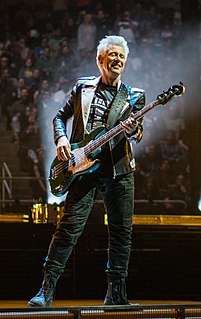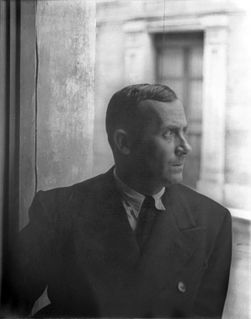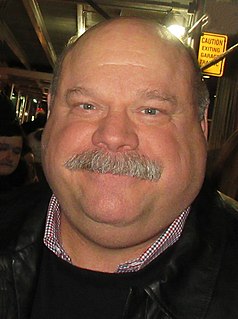A Quote by Steve Martin
Art as an aesthetic principle was supported by thousands of years of discernment and psychic rewards, but art as a commodity was held up by air. The loss of confidence that affected banks and financial instruments was not affecting cherubs, cupids and flattened popes. The objects hadn't changed: what was there before was there after. But a vacancy was created with the clamoring crowds deserted and retrenched.
Related Quotes
When objects are presented within the context of art (and until recently objects always have been used) they are as eligible for aesthetic consideration as are any objects in the world, and an aesthetic consideration of an object existing in the realm of art means that the object's existence or functioning in an art context is irrelevant to the aesthetic judgment.
Two aesthetics exist: the passive aesthetic of mirrors and the active aesthetic of prisms. Guided by the former, art turns into a copy of the environment's objectivity or the individual's psychic history. Guided by the latter, art is redeemed, makes the world into its instrument, and forges, beyond spatial and temporal prisons, a personal vision.
It is the mark of great art that its appeal is universal and eternal.............. Great art remains stable and unobscure because the feelings that it awakens are independent of time and place, because its kingdom is not of this world. To those who have and hold a sense of the significance of form what does it matter whether the forms that move them were created in Paris the day before yesterday or in Babylon fifty centuries ago? The forms of art are inexhaustible; but all lead by the same road of aesthetic emotion to the same world of aesthetic ecstasy.
The lure in art collecting and its financial rewards, not counting for a moment its aesthetic, cultural and intellectual rewards, is like the trust in paper money: it makes no sense when you really think about it. New artistic images are so vulnerable to opinion that it wouldn't take much more than a whim for a small group of collectors to decide that a contemporary artist was not so wonderful anymore, was so last year.
Fashion museums think the more you know about the significance of clothes culturally, the more interesting they are. We certainly don't neglect the aesthetic aspects of clothes. But, I feel that what sets us apart from social, economic, and even aesthetic, or art historical context is that we are not only talking about clothes as kind of art objects created by an artist designer, but also we're talking about the various meanings that clothes have in the world, and how that changes and how we kind of create meanings around clothes.
We may lay it down as an incontestible axiom, that, in all the operations of art and nature, nothing is created; an equal quantity of matter exists both before and after the experiment; the quality and quantity of the elements remain precisely the same; and nothing takes place beyond changes and modifications in the combination of these elements. Upon this principle the whole art of performing chemical experiments depends: We must always suppose an exact equality between the elements of the body examined and those of the products of its analysis.

































